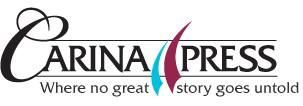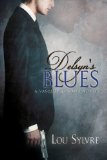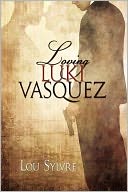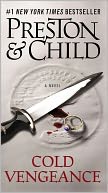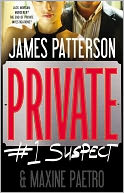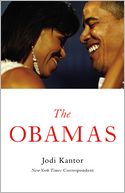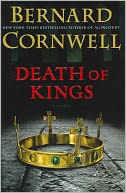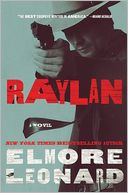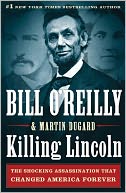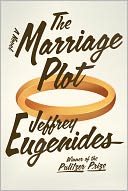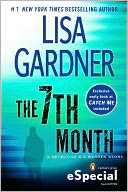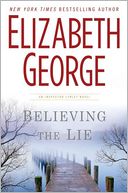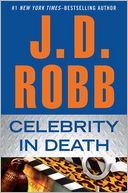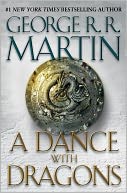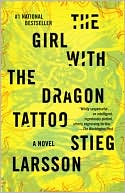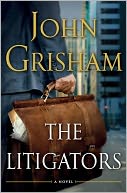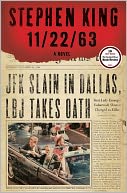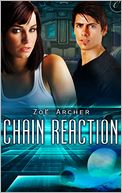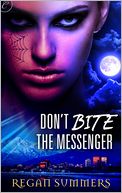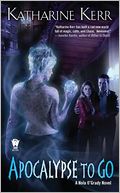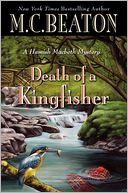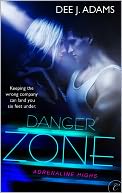
 The Book Bloggers and Publishers Online Conference is winding down. The final sessions are this evening, March 11. The conference has been absolutely awesome, and I’m definitely planning to do it again next year. I’ve learned so much.
The Book Bloggers and Publishers Online Conference is winding down. The final sessions are this evening, March 11. The conference has been absolutely awesome, and I’m definitely planning to do it again next year. I’ve learned so much.
However (cough, cough) my to-do list for the next couple of weeks has grown by leaps and bounds because of all the good information I’ve picked up.
![]() And it is definitely conference season. This week, March 14-16, we have the Public Library Association Conference in Philadelphia. We meaning I’m going to Philly. And since public librarians purchase a lot of fiction, there should be a lot of Advance Reading Copies available on the exhibit floor.
And it is definitely conference season. This week, March 14-16, we have the Public Library Association Conference in Philadelphia. We meaning I’m going to Philly. And since public librarians purchase a lot of fiction, there should be a lot of Advance Reading Copies available on the exhibit floor.
The good news is that because my husband works for a library vendor, I discovered at ALA Midwinter I can ship the ARCs I pick up back home with their booth. The bad news is that I can ship the ARCs I pick up back home with their booth. Those of you who are addicted to books know exactly what I mean.
Because of PLA, I am pleased to say that the nightstand for the upcoming week is not quite as covered with books as it might be. Catch up time!

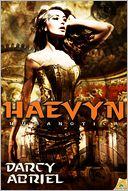 First up is Haevyn by Darcy Abriel. This is the second book in her Humanotica series, after Silver. And just like Silver, I have also promised to review this for Book Lovers Inc. Haevyn is due out on March 20, and I need to get them my review before then. Howsomever, when you read my review and/or my thoughts about Silver, although it was interesting, you’ll see that it wasn’t my favorite book. It’s SFR, which is why I took it, but Silver was not a main character with agency. Thankfully Silver isn’t the point-of-view character for Haevyn. I’m hoping for more worldbuilding and a main character who moves the story under his own steam instead of waiting for thing to happen to him.
First up is Haevyn by Darcy Abriel. This is the second book in her Humanotica series, after Silver. And just like Silver, I have also promised to review this for Book Lovers Inc. Haevyn is due out on March 20, and I need to get them my review before then. Howsomever, when you read my review and/or my thoughts about Silver, although it was interesting, you’ll see that it wasn’t my favorite book. It’s SFR, which is why I took it, but Silver was not a main character with agency. Thankfully Silver isn’t the point-of-view character for Haevyn. I’m hoping for more worldbuilding and a main character who moves the story under his own steam instead of waiting for thing to happen to him.
 My other title is Suzanne Brockmann’s Born to Darkness. I haven’t read Brockmann before but I’ve heard tons of good things. This title is the first in a new series, and it’s military-based paranormal. I’ve really enjoyed the military-based romances I’ve read recently (The Night is Mine, SEAL of my Dreams, and military sci-fi titles too numerous to mention) and I adore paranormal, so this seemed like a great way to try some of Brockmann’s work. There’s a prequel e-only short story for Born to Darkness titled Shane’s Last Stand. Completist that I am, I’m going to read that first. Of course.
My other title is Suzanne Brockmann’s Born to Darkness. I haven’t read Brockmann before but I’ve heard tons of good things. This title is the first in a new series, and it’s military-based paranormal. I’ve really enjoyed the military-based romances I’ve read recently (The Night is Mine, SEAL of my Dreams, and military sci-fi titles too numerous to mention) and I adore paranormal, so this seemed like a great way to try some of Brockmann’s work. There’s a prequel e-only short story for Born to Darkness titled Shane’s Last Stand. Completist that I am, I’m going to read that first. Of course.
As far as last week’s nightstand goes, I finished Motor City Mage, and it was a treat! I think this might be the last we see of magical Detroit, because this is the last couple to be matched up in this group of otherworldly and magical beings. I’m sad to see this one end.
It looks like Apocalypse to Go and The House of Velvet and Glass are going to be my “airplane books” for the trip to Philadelphia. I always take at least one print book for the plane, so I have something to read when they make me turn of my iPad. Those will be it.
 Reading Reality‘s blogoversary is coming up! April 4 marks the one year anniversary of the blog. It’s the day before my birthday, too. But I’d like to do something special to mark the blogoversary. Because of the two conferences, I still have my thinking cap on.
Reading Reality‘s blogoversary is coming up! April 4 marks the one year anniversary of the blog. It’s the day before my birthday, too. But I’d like to do something special to mark the blogoversary. Because of the two conferences, I still have my thinking cap on.
I would love to hear ideas for the blogoversary from readers. I’d love for you to help me celebrate!
 But until the party starts, it’s still a regular week. Ebook Review Central is tomorrow. See you bright and early with featured titles from Carina Press.
But until the party starts, it’s still a regular week. Ebook Review Central is tomorrow. See you bright and early with featured titles from Carina Press.





